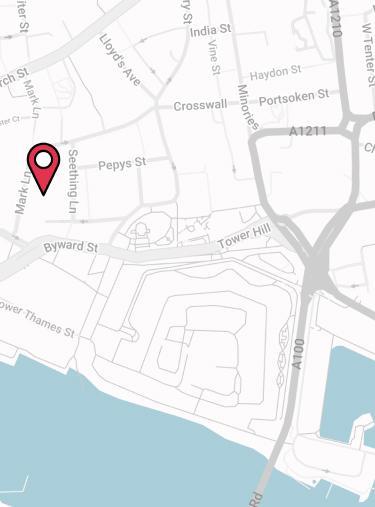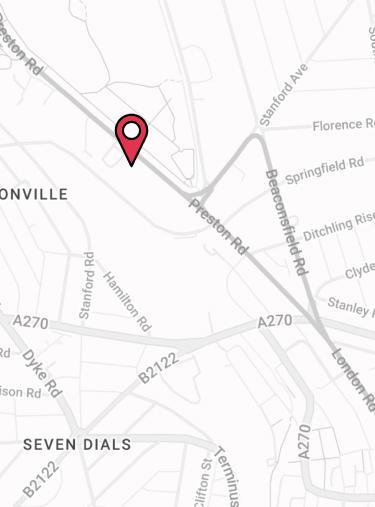No insurance discounts on offer for e-cigarette smokers
Do I count as a smoker if I use e-cigarettes? This is a question a number of Drewberry’s advisers have been asking insurers in recent months, as vaping becomes increasingly popular.
E-cigarettes far less harmful
The fact that Public Health England (PHE) has said e-cigarettes are 95% less harmful to health than normal cigarettes carries no truck with insurers, since they remain unconvinced that those using them will not be tempted to either start smoking regular cigarettes again – or that e-cigarettes are still harmful to some extent. E-cigarettes have taken off in the UK, with celebrities such as music mogul Simon Cowell and supermodel Cara Delevingne being spotted with the devices. Many people do see them either as a less harmful way to smoke or as a path to giving up altogether. There is evidence now to back this up according to PHE, with e-cigarettes now being seen as another route to cessation. However, insurers remain unconvinced.
Insurers remain unconvinced
Drewberry Director Tom Conner comments: “It is good to hear in this latest research that e-cigarettes, while not being completely risk free, are a safer alternative. But, insurers are taking a conservative stance and none are offering discounts for e-cigarette users. We are not aware of any insurers who makes a differentiation in their premiums for e-cigarettes. “This is understandable given there is uncertainly about the safety of some of the chemicals used in e-cigarettes and these are still a relatively recent development. The only advice we can give to those who want cheaper insurance is to give up altogether. Insurers usually class you as a non-smoker if you have been nicotine free for 12 months.” Smokers are generally charged higher rates for protection insurance products such as life cover, critical illness insurance and income protection. This is because smoking carries high health risk, with the NHS calculating around 100,000 people die every year as a result (ASH).
Mr Conner continues: “Smokers usually find their premiums are about double, although as far as income protection goes, some friendly societies do not charge an additional premium and we can advise on this if necessary.” He continues that being economical with the truth is not a wise move. “It is important to be honest with insurers and fully disclose your smoking status. If you only smoke occasionally or describe yourself as a social smoker, then you are still classed as a smoker. Insurers also do not take into account if you are using e-cigarettes or other cessation aids such as nicotine replacement gum or patches.” Those who do not disclose and subsequently make a claim could find this is turned down if it is found there is evidence of smoking related disease and a doctor’s report could be requested, perhaps asking for a blood or urine test for further evidence. If someone dies, then a coroner’s report may also be requested to confirm that death is not attributable to smoking.
Planning to give up smoking but need cover now?
Drewberry’s advice is that if you need insurance, then putting off buying it while you give up carries risks. We recommend taking out cover as soon as possible so you’re protected, even though it will mean paying higher premiums. Then when you have fully given up and been nicotine free for 12 months, customers should contact their insurer or adviser for a premium reduction. In order to offer non-smoker prices the insurer may require a cotinine test for nicotine but the saving you can make on your policy could make that hassle very worthwhile.
What about nicotine-free e-cigarettes?
A number of e-cigarettes state they do not contain nicotine and arguably are safe to use. However, insurers have not issued any guidance in this area. As Mr. Conner says, “Using an e-cigarette, whether it contains nicotine or not, suggests that someone might still have a psychological attachment to smoking. Insurers would tend to believe that someone may smoke nicotine- free on occasion but could also be still smoking either real cigarettes or e-cigarettes containing nicotine as well. “So far, there is still some confusion as to whether these nicotine free e-cigarettes may contain some potentially harmful chemicals and so insurers are erring on the side of caution. Our guidance, at least for the time being, would be for cheaper premiums it is best to avoid smoking full stop.”
- Topics
- Income Protection
Contact Us
125-135 Preston Road
Brighton
BN1 6AF
Cookies
Drewberry™ uses cookies to offer you the best experience online. By continuing to use our website you agree to the use of cookies including for ad personalization.
If you would like to know more about cookies and how to manage them please view our privacy & cookie policy.









